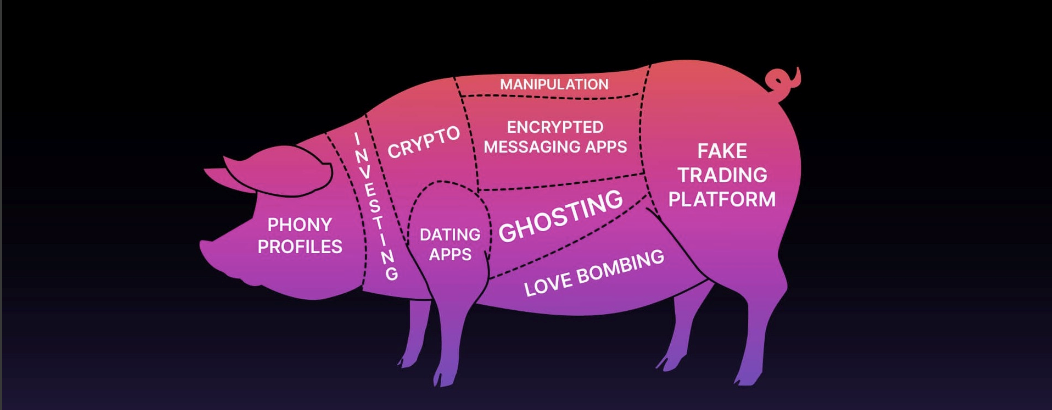





Disclaimer: Copyright infringement not intended.
In News
About Pig butchering

Role of Social Media
SOURCE: ECONOMICTIMES
|
PRACTICE QUESTION Q. Which of the following best describes the technique employed in the 'Pig butchering' investment fraud scheme? a) Direct financial coercion b) Emotional manipulation c) Legal loopholes exploitation d) Technological hacking techniques Answer: b) Emotional manipulation Explanation: The 'Pig butchering' investment fraud scheme relies on emotionally manipulating victims into making large investments. This involves exploiting their emotions and greed to deceive them effectively, making them believe in the legitimacy and profitability of the investment." |










© 2025 iasgyan. All right reserved